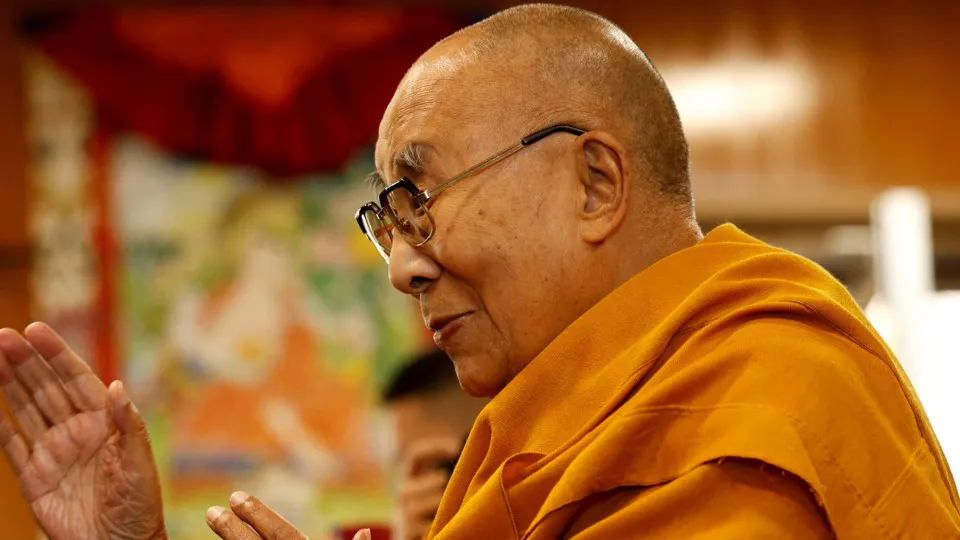The Dalai Lama is set to speak at a major three-day gathering of Buddhist leaders this week ahead of his 90th birthday on July 6, amid anticipation over how he will address his succession—a sensitive issue that could anger China. Beijing considers the Dalai Lama a separatist and insists it will choose his successor, but the spiritual leader has said his successor will be born outside China and urged followers to reject any candidate appointed by Beijing.
Tibetan Buddhists believe enlightened monks are reborn to continue their spiritual legacy. As the 14th Dalai Lama nears his 90th birthday, he plans to consult senior monks about possible clues regarding his successor, whether a boy or a girl. “The rest of my life I will dedicate for the benefit of others, as much as possible, as extensive as possible,” he said on June 30 during a gathering of followers praying for his long life.
The death of the Dalai Lama will mark the end of an era for Tibetan Buddhism, sparking profound religious, cultural, and political consequences. His passing will trigger the search for his reincarnation, a process vital for the continuation of Tibetan spiritual leadership. The Dalai Lama's death will also have significant global implications, especially concerning the future of Tibet, religious freedom, and the ongoing struggle between Tibetan independence and Chinese control.
Click on to explore the key events and challenges that will follow.



